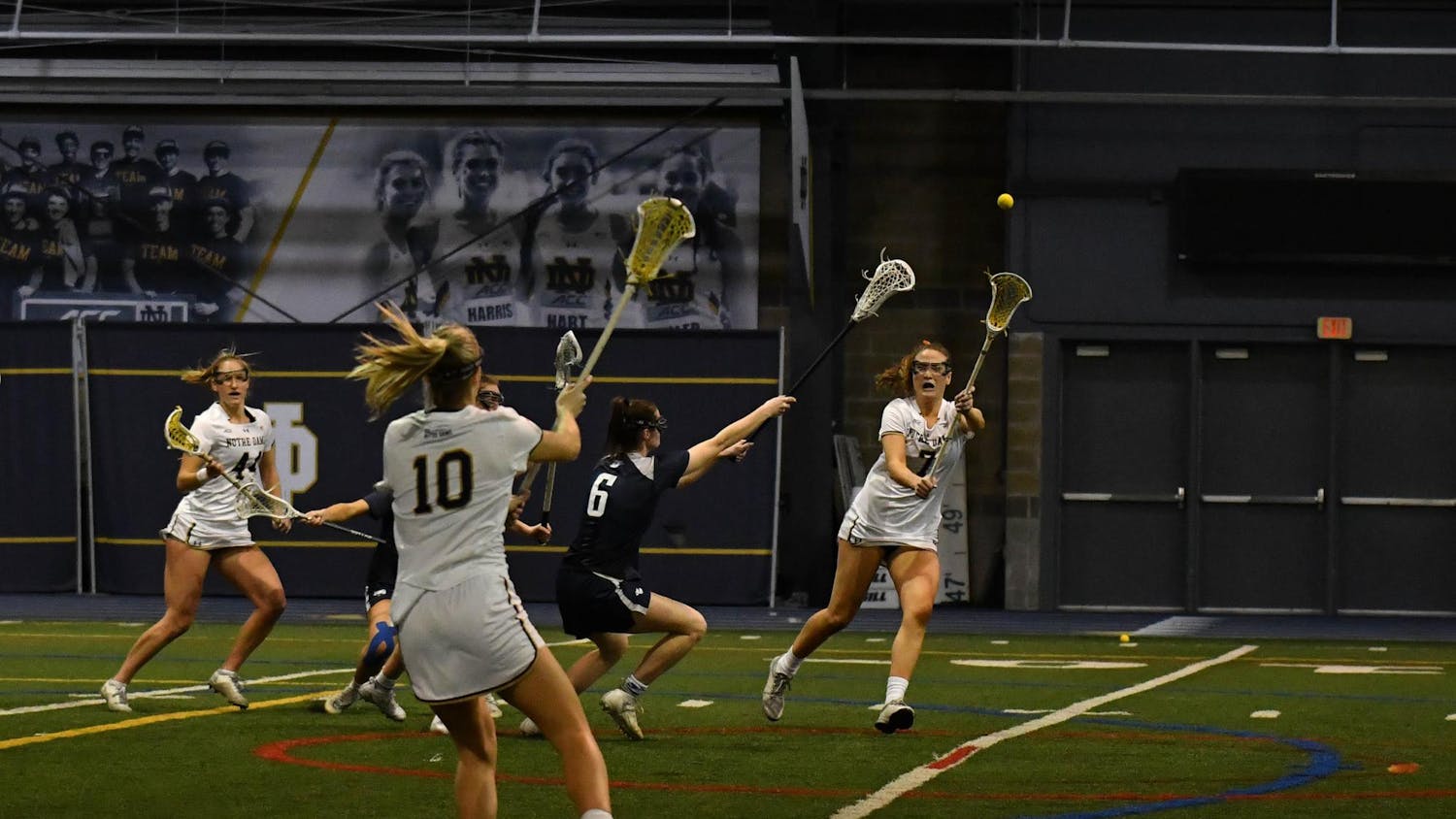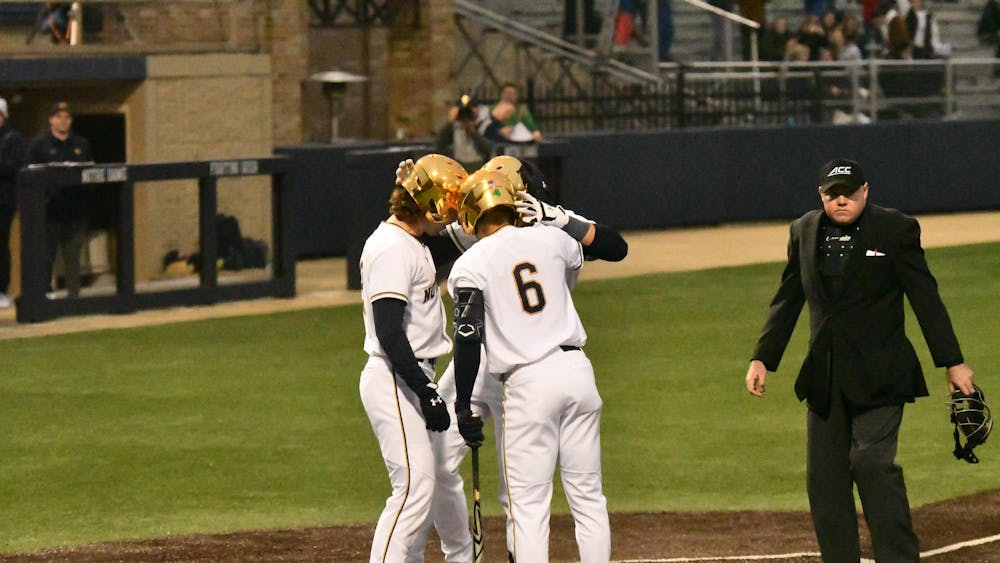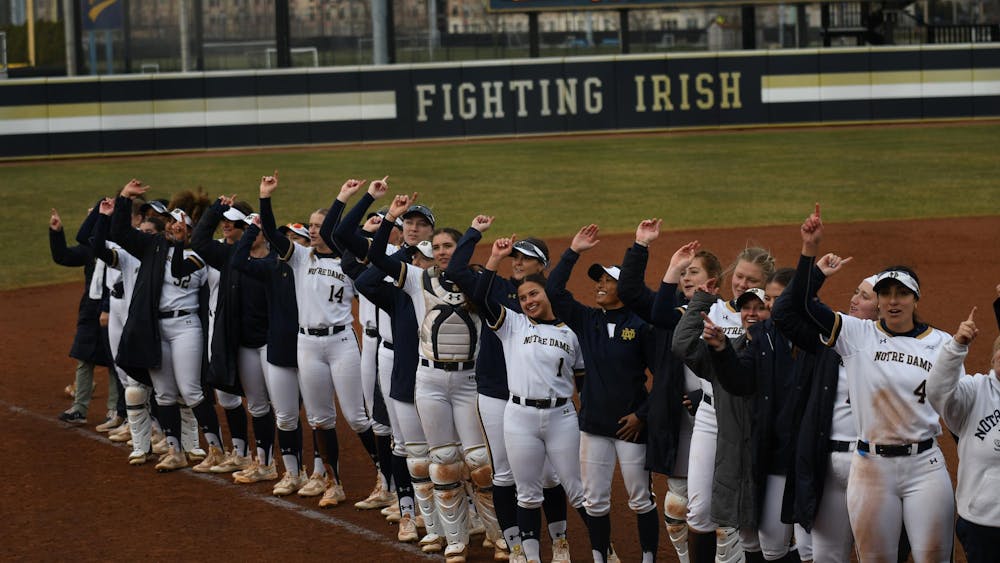The NCAA is in panic mode. They have seen this coming from miles away. And their cards are starting to tumble, all because of a video game. This has been something the NCAA knew loomed over their heads since 2013, the last year that video game developer EA Sports released their “NCAA Football” series.
Fans and athletes were devastated and placed blame on the legal disputes that the NCAA and EA Sports were fighting regarding athletes profiting off their name, image and likeness in the games. Eight years later, EA Sports has seemingly figured it out, and they are snubbing the NCAA from the table. The video game developer announced on Tuesday that they would be rebooting the series but made no mention of the NCAA, titling the game “EA Sports College Football.” Furthermore, no release date was given for the game, meaning that it could be another year or two in the making.
EA Sports has been building a bad reputation for their non-commitment to their NFL series: “Madden.” A chance to right their wrongs is unfolding with college football, and with it a chance to win back the trust of their fans and take a big step for the business. Don’t get your hopes up too much if you’ve been waiting to buy this video game for years on end, as this is all still probably a long way removed from our current reality. EA Sports would need to create more than just a lackluster copy and paste of a “Madden” engine with college teams and licensing. That said, they would almost need to have all of Division I College Football on board, and they would ideally need to have the rights to use the players’ names and image in the game.
This is where the issues always arise and everything comes to a stalemate. Lawmakers get involved, and the party that gets left out every time are the student athletes: Everybody around them is allowed to earn a profit but they are not. It’s the primary critique of the NCAA, and it looks like the tide is slowly turning around and the NCAA is now at the losing end.
This will surely be an interesting experiment though. Amateur athletes in the NCAA have always been the pipeline for professional sports organizations, but now they are finally on the cusp of being truly credited for what they are. These aren’t only student athletes but student athletes with an incredible drive and commitment to the games that they love that just so happens to draw in millions of dollars of revenue for the people and the university they play for, while they get snubbed on the back end. Sure, some athletes are fortunate enough to have most of their education paid for, but the end goal for a good sum of these athletes isn’t just to graduate from college but to make a professional league. As one could figure, only a slim number of college athletes get to go on to compete at the next level but many share this dream. It is criminal to profit off of these individuals who were providing so much for their communities and local economies.
Money always complicates things, though, and I think this is why the NCAA has hesitated for so long with this issue. Think of college football alone — forget all the other D-I athletes that could be getting a check for their two-a-day workouts and a small share of their own jerseys that get sold in campus bookstores and just think about how many college football players there are. The FBS has 130 teams, and a school’s roster is allowed 125 active players. Some teams have four- or five-star players; others don’t even send any athletes to the Draft some years. This unique dynamic is not only what makes college and amateur sports so fun, but also at the same time what is stopping money from flowing through the floodgates and into athletes’ pockets.
This is where lawmakers are required to step up, and following the announcement of the “EA Sports College Football” game they have done just that.
While the issues get sorted out in courts, it will be interesting to see if there will be any reaction from programs, coaches or players following these developments. And if players do finally begin to start collecting paychecks, what does it mean for amatuer sports and the NCAA? So far the NCAA has its hands tied and is really at the mercy of the players and lawmakers.













